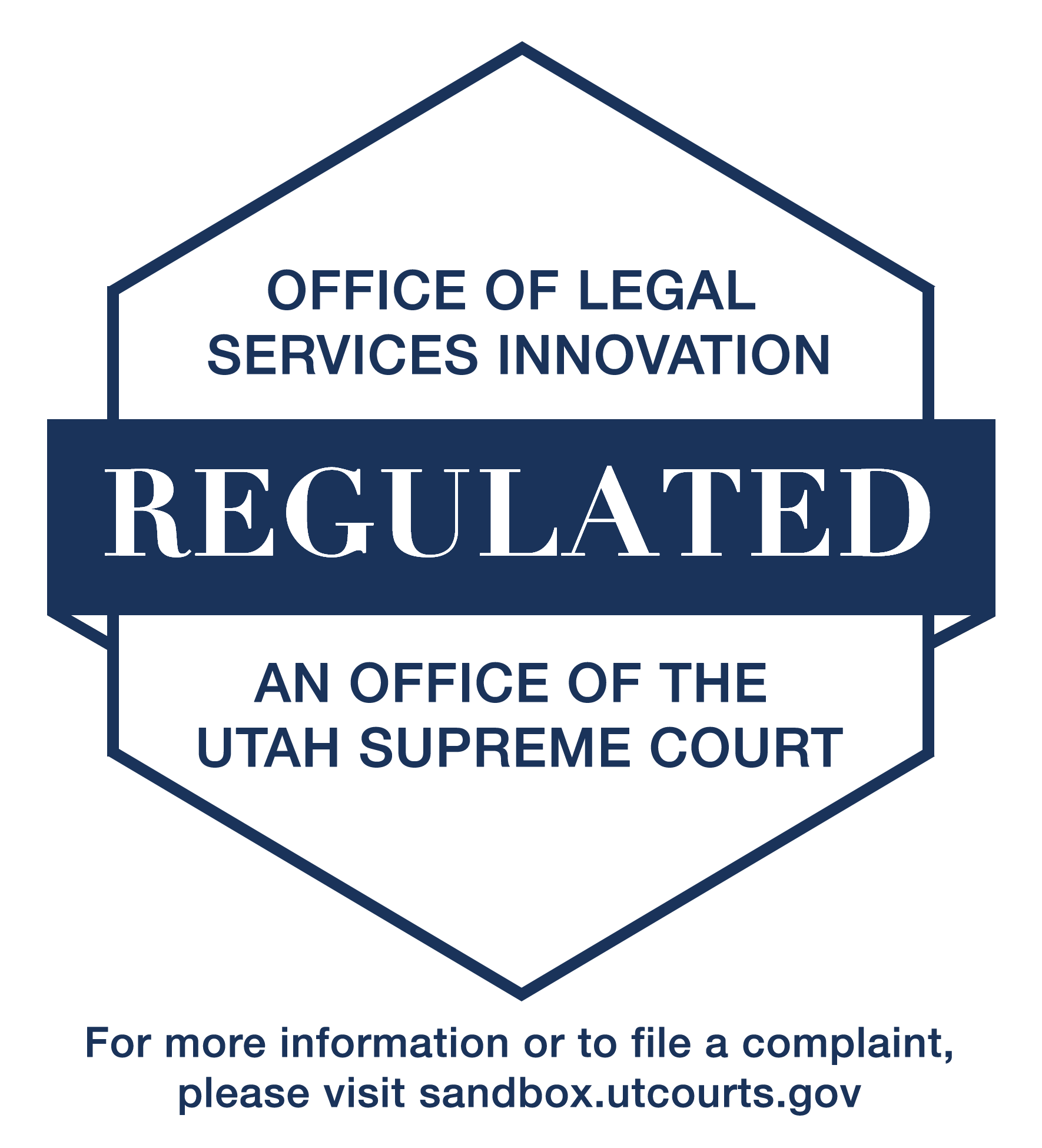Products liability law covers the liability of those who supply goods and products for losses suffered by consumers resulting from defects in the products. The statute of limitations for a personal injury claim in California is two years. A plaintiff may proceed on three possible theories in a products liability case: defective design, manufacturing defect, and inadequate warnings or instruction.
In a defective design case, California courts use two tests in order to determine liability. Under a risk-benefit test, a court will look to whether a reasonable and feasible alternative would have reduced the foreseeable risk of harm prosed by the product. Alternatively, under a consumer expectation test, a product is deemed to be defective if it fails to perform, as safely as an ordinary consumer would expect.
If a plaintiff claims that the injury suffered was a result of defective manufacturing, despite the manufacturer using the utmost care during the manufacturing process, then a plaintiff may file a claim for a manufacturing defect. In California, a product contains a manufacturing defect if: the product differs from the manufacturer’s design, or the product differs from the typical design of the same product line. Products may still present a danger for injury even though they were designed and manufactured safely, and a manufacturer of such a product must warn consumers of all potential risks and danger. If a manufacturer fails to provide adequate warning, then a consumer may have a claim for product liability under an inadequate warning or instruction theory.
Consider the mantra buyer beware and remember as a consumer you have rights. If you are in a situation that deserves review because of a product’s potential liability, then seek the appropriate legal counsel.

Authored by Scott D. McDonald, Esq.
Scott McDonald is a California native who graduated from Pepperdine Law School in 2008. He has been aggressively litigating cases in Personal Injury and Bankruptcy Law for nearly a decade. Mr. McDonald prides himself in being anything but a “typical” attorney. His unique and very personal approach to practicing law has helped numerous clients obtain their goals and get the legal relief they need.
Mr. McDonald is also a member of 1LAW, which allows clients to obtain free legal support for basic matters and to stay in constant communication with him once retained.
To learn more about the advantages 1LAW provides to attorneys and individuals, visit 1LAW or register for free via the 1Law App.




